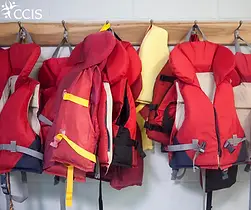With the warming of temperatures again, you might want to cool down by spending the day at the water. It is really important to follow these safety tips to ensure that your family makes it home.
Life Jackets
Life jackets are life-saving flotation device that is designed to keep you safe & above the water. In open bodies of water (lakes, rivers, streams, ponds, creeks, or pools with no lifeguards) you should ALWAYS be wearing one, even if you are a good swimmer.
This link will show you the best life jackets for you & your children.
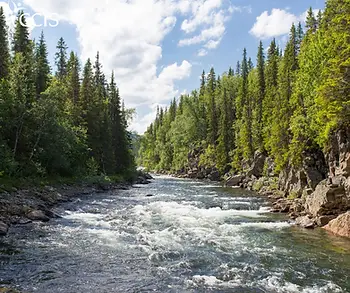
River Safety
While you’re planning your day on the water, be sure to check:
River conditions and flow rates.
Weather conditions at Environment Canada.
The river’s course, safe put-in points, and known hazards.
For water quality advisories by visiting the Alberta Health Services website. River water quality can vary due to heavy rainfall and upstream sources.
Don’t forget to always wear your lifejacket. This is mandatory in the City of Calgary.
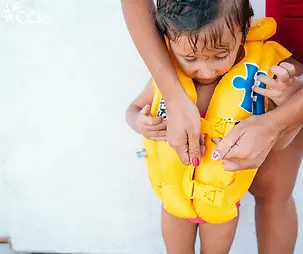
Child Safety
Remember to always keep toddlers or young children within arm’s reach while in or around all bodies of water. This applies to rivers, lakes and backyard bodies of water like ponds and pools. Lifejackets are critical for children and inexperienced swimmers. The absence of adult supervision is a factor in most child drownings.
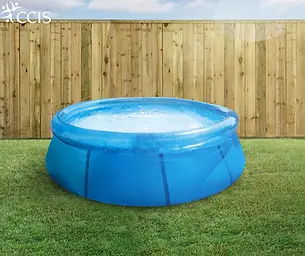
Backyard Pools
Backyard pools are especially dangerous for small children. Ensure adequate barriers are in place.
Empty portable toddler pools after each use.
The absence of adult supervision is a factor in most child drownings.
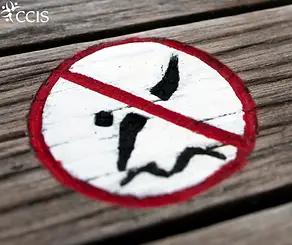
Diving
Diving headfirst into water should be avoided unless the individual is properly trained and is sure that the water is deep enough.
Avoid diving in home pools and always enter the water feet-first.
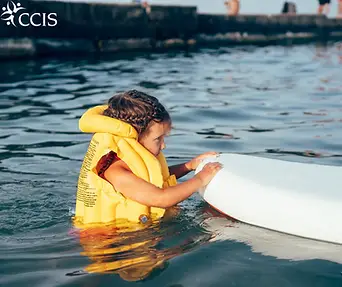
Open Water
Never underestimate the power of the current. Swimmers or waders can be swept away in an instant, particularly if non-swimmers or weak swimmers get caught by the current in rivers or out of their depth in abrupt drop-offs.
Be cautious about swimming in currents, and know what to do if caught in a current.
Click here: Take the Canadian Red Cross Water Safety Quiz!
Test your knowledge by taking the water safety quiz above!
Share these water safety tips with your friends & family. It could save a life!

